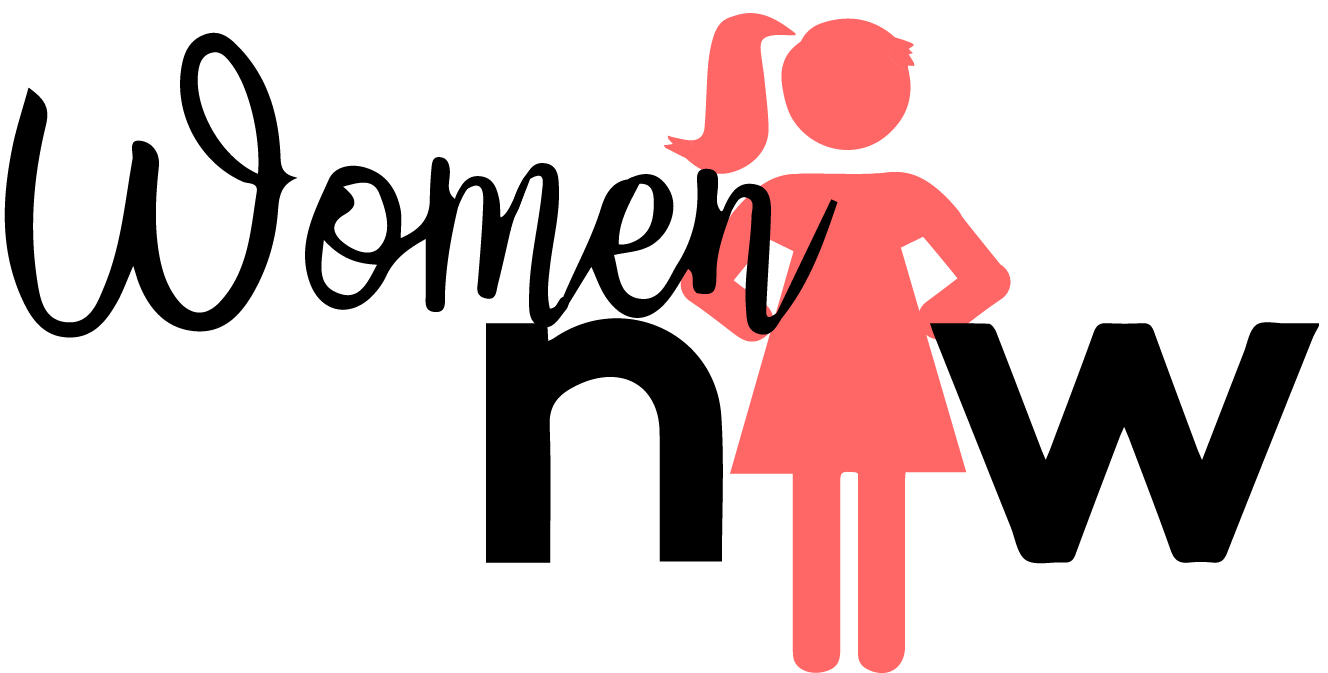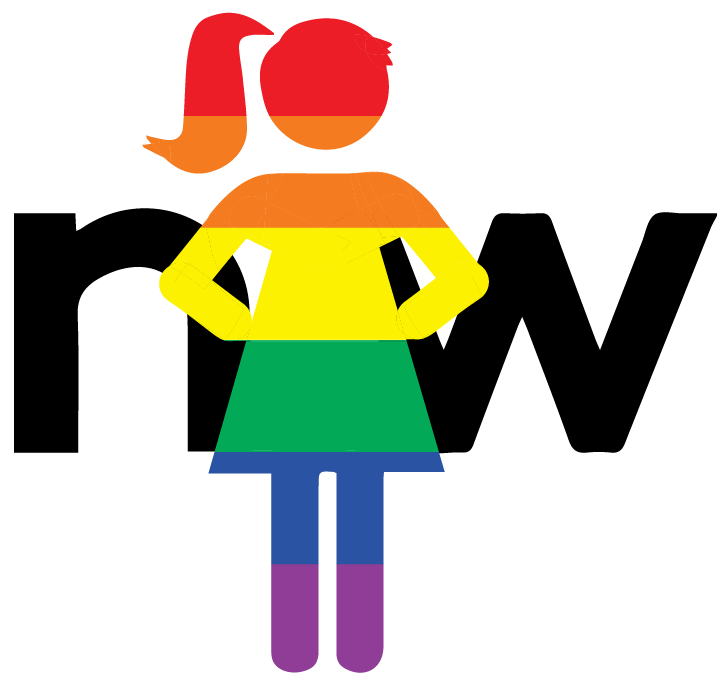On Creative Process and Inspirations
An interview with 2021 ServiceNow Developer MVP Ashley Snyder
“There have been many years in my career where I felt like I had to work double-time to know my job better than men on my team so that I would be taken seriously…”
Ashley Snyder is a Staff Outbound Product Manager at ServiceNow, 2021 ServiceNow Developer MVP, and is an outstanding contributor to the technical community around ServiceNow.
In this article, Ashley tells us more about her content creation process, how the community has shaped her career, and gives us a small look in to what she’s excited for in the new San Diego ServiceNow release.
Where do you get ideas for your blogs?
Most of my ideas in the beginning came from problems I had to solve but couldn’t find any documentation on, or the product documentation I did find was severely lacking. I honestly just figured I would start writing product documentation for myself. I love sharing what I’ve learned, so I put it in a blog that I could share with everyone. I figured if I was asking these questions 5+ years into my ServiceNow career, other people were as well, and future developers would also start asking them.
A couple months into blogging I just really started to enjoy the process, so I began seeking out under-documented areas of the platform such as Universal Request or Workspace. Most of my posts have been technical in nature, and I am now at a stage in my career where I am pivoting to write about how customers should use ServiceNow products rather than configuring them.
What’s your brainstorming and revision process like?
I may have 3-4 drafts for subjects I want to explore, with some basic outlined points in those drafts. When I start writing a post I normally have a basic outline of what I’m trying to accomplish. Most of the post itself comes from me walking through configuring functionality and writing/taking screenshots along the way so I know 100% by the end of the post that the functionality should work. A lot of my posts were comparisons of products (e.g.,. Agent and Configurable Workspace), so I outlined which features I wanted to highlight in both and walked through building them in each product.
A typical blog post may take me 2-3 days depending on how complex it is and how much I actually know about the product. Sometimes I’ve gone in completely blind and learned about the product as I was writing the blog post. I think this approach is fun as it kind of serves as an “unboxing” article, i.e. if you’re totally new and seeing this for the first time, how would you approach and think about it? This style of writing is very helpful in my opinion, because the product documentation is written from the engineering perspective and represents their vision of what they built, but as a customer I may think to use the product in a completely different way.
What are the strengths of the blog format for conveying knowledge compared with, say, ServiceNow documentation, Slack channels, or podcasts?
I found that as a developer I rarely had time to watch a full recording of anything. When listening to podcasts I normally have to pause them for meetings or just to concentrate. I also find it difficult to scrub through videos to reference a particular section or step that I may have missed or configured incorrectly.
For me, having a text-based resource that includes visuals such as photos or short video walkthroughs is the best when I’m trying to learn about a new product or build in ServiceNow. The product documentation is a wealth of information, but it is more of a technical guide and does not include use cases or end-to-end walkthroughs most of the time. It’s helpful to see the end product of what you’re building before following 20+ steps, and it’s even more helpful if there are photos along the way so you can make sure you’re following the steps correctly. The Slack channel has been so helpful in my career, but unfortunately there is no archiving so a lot of very valuable information in the community has been lost throughout the years.
Switching gears, let’s talk about Live/Lady Coding Happy Hour. What does LCHH offer that other coding happy hours and similar livestreams don’t? Or in other words, why is it important that ServiceNow Devs offer a specifically woman-led coding happy hour?
It’s really important that women’s voices are heard in the ServiceNow ecosystem. There are a lot, but not enough, woman developers in our space. I’ve been in IT for almost a decade now, and the general stereotype about a person who is in IT has traditionally been male. We’ve even seen this in recent years, with the first woman-developer MVPs not being selected until 2021. I asked back in 2020 why this was, and it seems to me that we’ve had and agreed upon a very narrow definition of what an MVP and developer is. Even when I was 2-3 years into my career in ServiceNow, I never thought I would be at a level high enough to appear on something like LCHH, because the definition and the topics being discussed were so technically high-level and the hosts/guests that appeared on the show were the traditional stereotype of people in IT.
What makes Lady Coding Happy Hour so different is that we show woman developers, and in this format we can choose to be as low-code or as high-code as we want. It’s really important for current woman developers or people who are thinking about getting in the space to see that.
Perhaps soon we’ll have our first woman developer advocate on the team, but I also think we’re behind on that compared to other developer communities. When I started my journey 6 years ago, if there was an LCHH (or better representation on LCHH), I would’ve felt way more connected to the community and even more confident in my career. Pure honesty moment: there have been many years in my career where I felt like I had to work double-time to know my job better than men on my team so that I would be taken seriously, because again, the representation of the ecosystem was a certain person and I didn’t fit into that representation.
I look forward to 6 years from now hearing about woman developers who are starting out today with this representation beginning to happen, and hearing more positive journeys from them.
Which format do you prefer for sharing knowledge: blogging or Live/Lady Coding Happy Hour?
At the moment I would have to go with blogging, but I honestly think that’s just nervousness towards video formats. I really enjoy interacting with everyone on LCHH and would love the opportunity to appear on the series more.
What are your favorite new features in the San Diego release? What features would you like to see in the next release?
Well, you know I’m going to have to say Next Experience UI. I haven’t had much time to explore other products, but what the Creator Workflows team is doing with App Engine Studio is pretty cool.
As of the San Diego release, we’re at a turning point in releasing Configurable Workspaces for most applications. This is the release where customers should really start looking at them, but this is the tip of the iceberg for the Next Experience UI framework. What I want to see in future releases are enhancements and tools that make building experiences easier, as well as built-in content or training to guide users through these tools, rather than relying on the product docs.
You’ve worked at Virginia Tech, Duke, UNC, and the University of Texas. What’s unique about working with ServiceNow in the higher education arena?
I started out in Higher Education in the ServiceNow space, and it was a really great primer to see how departments and colleges have different needs. They’re almost like little companies in themselves when it comes to that respect, and you don’t always have the ability as a developer to say “this is the process central IT put forth, so you have to use it.” You have to be really flexible in your design thinking, and have the ability to speak to departments in terms of requirements and process - because working at a University isn’t a job where you’re handed a story and all you need to do is write some code. A developer at a University really has to wear their architect, developer, and business analyst hats to get the job done, which in my opinion makes for more robust developers who can anticipate customer needs and communicate to them in terms they can understand.
Tell us about life in Raleigh, North Carolina…
North Carolina is great in that you have quick access to beautiful mountains as well as beaches. Raleigh is about 2 hours from the beach, so I can take a daytrip there when I want to. My favorite things about Raleigh at the moment are the Neuse River Trail, which is a paved greenway trail that sits parallel to the Neuse River. It’s about 27.5 miles long (or more depending on where you go) and in my opinion is the best greenway in the state. Last year I did the entire trail round-trip which was 55 miles, and I’m planning to do more rides again this year. The Cary-Morrisville area, which is very close to Raleigh, has a ton of diversity and amazing restaurants and grocery stores like Grand Asia Mart and HMart. I enjoy visiting the Durham area for the shows at the Carolina Theater and DPAC. There’s a ton to do here; having 3 different cities in such a short distance means there’s always something to do.
What’s your favorite non-alcoholic IPA?
Anything by Athletic is great; my favorite of theirs is the Run Wild IPA. Recently I’ve gotten into HopTea which is like 10x better than non-alcoholic beers in my opinion because it’s just tea and hops. I’d love to see these options in more restaurants and bars. I’ve really enjoyed making the switch to a non-alcoholic lifestyle, and the rise of beverages that actually taste good have made me feel more normalized in society. It’s weird to think that alcoholic beverages that basically come in a plethora of advertising (like candy) are the norm in most grocery stores, and that beverages that aren’t water (or worse, soda) are the exception.


